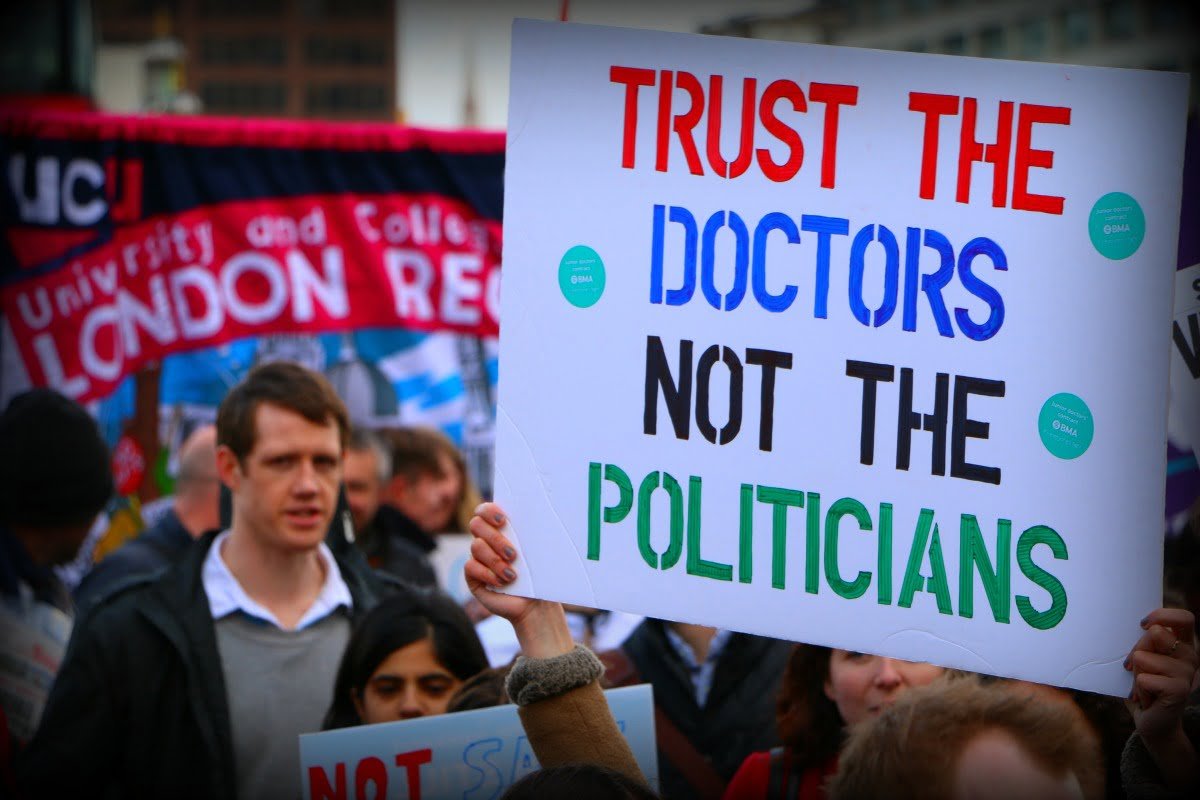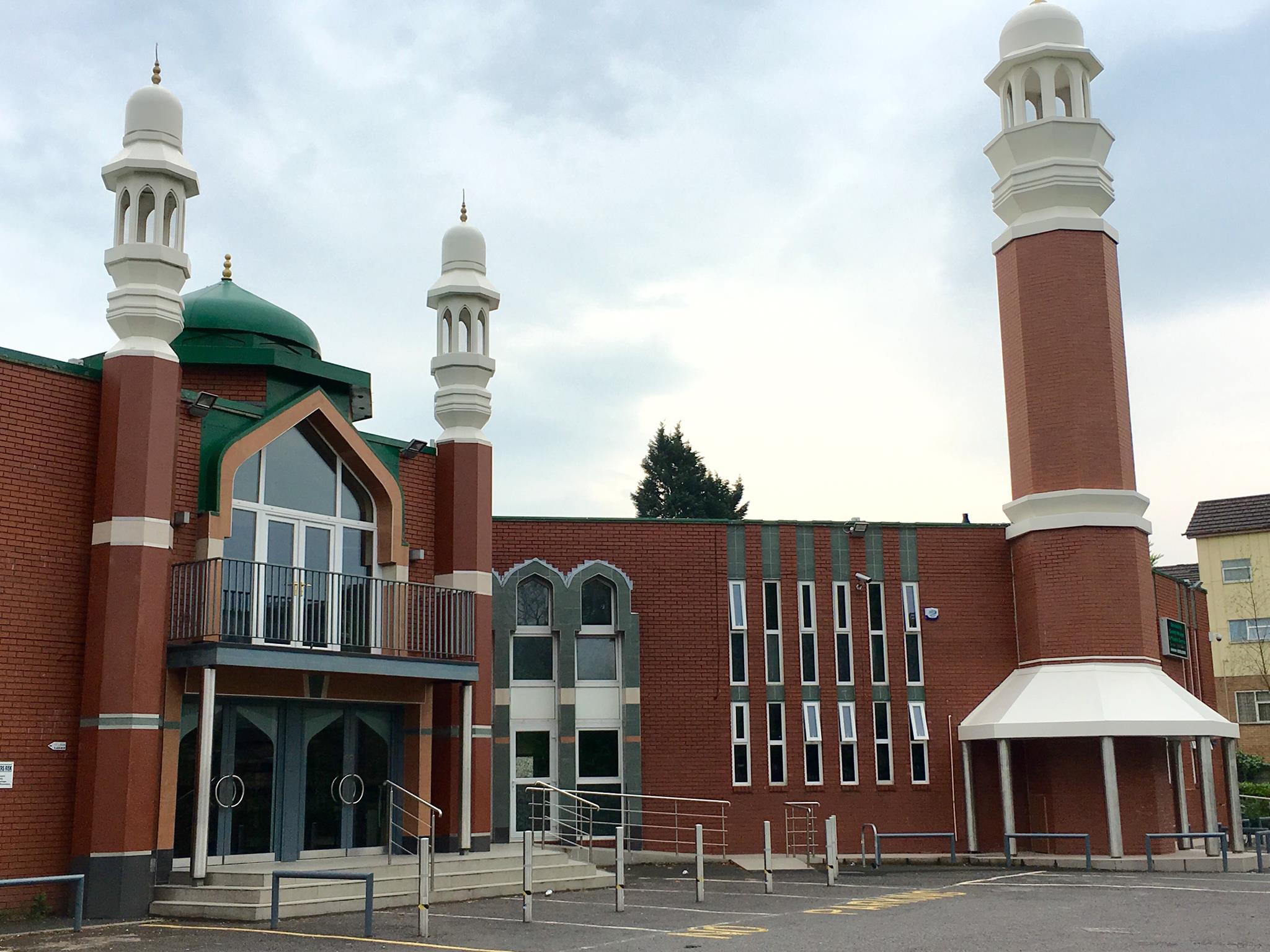Years of crisis and austerity, with a shortage of stable jobs and housing, have contributed to a rise of anxiety, depression, and other mental health issues affecting young people. At the same time, as Erin Maniatopoulou of the Norwich Marxists reports, Tory cuts and privatisation of the NHS is undermining the services available to help treat these problems.
The Norfolk and Suffolk Foundation Trust (NSFT), the provider of most mental health services in Norfolk and Suffolk, has recently seen a drop of 25% in the number of beds available for patients with mental health issues. Patients are being sent to facilities outside of the area, including private hospitals, which has meant that the NSFT had to go £3.5 million pounds over budget last year. The overspend is now being covered by Clinical Commissioning Groups (CCGs) that arrange NHS expenditures in each area.
Many campaigners have expressed their anger, rightly stating that this amount of money could instead have been spent improving community-based services. Although the figures for Norfolk and Suffolk appear to have rocketed, the same situation exists for the majority of trusts throughout the country. 60% of trusts have cut the number of beds available for mental health patients. As would be expected, people are deeply affected by the unavailability of local NHS beds; having to move away from local services and family can be significantly distressful for a those affected by mental health problems.
This shocking process isn’t anything new though. We have been seeing, under the Tory government, the ongoing privatisation of the whole health sector, which is constantly being attacked. Increasingly, public funds are being absorbed into the private sector and into the pockets of big business. Even though Theresa May has promised to tackle the stigma around mental health, there was no suggestion of any actual financial support for this in the Tory election manifesto. Doctors and nurses are still facing cuts and austerity measures that hinder the delivery of good services by the NHS as a whole.
All this is happening at a time when mental health issues are on the rise – perpetuated by the increasingly unstable social and economic conditions and pressures that people now face.
Depression is affecting a rising number of young people, who are constantly in and out of work, due to unstable working conditions, low pay and zero-hours contracts. The work they do get often requires carrying out dull and repetitive tasks that are alienating and isolating. More and more people have less and less access to affordable housing, education, and in some cases even food, as is seen by the growth of food banks.
These issues, when paired with the decline of social services, mean people are facing ever greater anxiety and worry. A recent study showed that “people with mental health conditions are one and a half times more likely to live in rented housing than the general population, with greater uncertainty about how long they can remain in their current home.” (The Guardian, 04/02/2016)
The system is therefore unable to cater for the problems it has helped create in the first place.
In a period of capitalist crisis, provisions for young people and the working class are set to suffer. They are being taken away from us because they are not seen as profitable in the eyes of the system. This complete disrespect for human life stems from capitalism itself, which puts making profit before people’s needs – in this case, the patients.
Such services should be there for us to use, and not for private clinics to make a profit out of human suffering. Austerity measures aimed at the many are being presented as a ‘necessary evil’, whilst on the other hand the rich few are being taken care of very well indeed. People are being treated as objects, and not as human beings to be treated and helped so that they can resume their lives.
It is clear that we must break with this rotten system, fight against capitalism and determine ourselves how we want to live.
Interview with a Child and Adolescent Mental Health Service worker
 What is CAHMS, and how do CAHMS workers help young people?
What is CAHMS, and how do CAHMS workers help young people?
It’s the Child and Adolescent Mental Health Service for young people (0-18) who have moderate to severe mental health issues, or are experiencing significant distress. So in a typical case, we would get a referral in (say, from a school), and carry out a triage (take a brief history) to enable us to prioritise and carry out a risk assessment. We would then decide whether or not the person was in need of further assessment with CAHMS (in which case we would organise a full assessment of that person’s mental health) or signpost them to universal services for lower level intervention. However, there is a lack of appropriate interventions at this level now due to a lack of funding.
What sort of work would you expect to see each day in a fully staffed, fully funded service, and how what sort are you seeing now?
At the moment, I’m triaging four young people every day, processing all incoming referrals and managing young people at the point of crisis. Ordinarily, my job should be early intervention and prevention, which would involve consultation with other services, training, mental health assessments, and completing short pieces of work with children, young people and families.
Are you able to carry out your job properly at the moment?
No, definitely not, because my job should be early intervention, consultation and training but the only thing I can do is deal with incoming referrals and children at the point of crisis. A referral could be anything from a six year old’s parent saying they can’t manage their child’s behaviour, to a seventeen year old standing on a bridge telling us they’re about to jump off.
How does this affect the young people you’re there to protect?
A young person would be less likely to receive the support they need until they have a moderate to severe mental health difficulty.
What do you think the future holds for mental health services if the Conservatives remain in power for the next five years?
There would be a lack of a quality service, and severe cuts to the NHS and local authorities in general. We’ve actually received funding over the last few years but general funding for young people in the NHS has gone down. The cuts at that level effect what we do – the lower level interventions haven’t been there, because of the cuts to health visiting and school nursing, which have meant that they can’t provide the early interventions necessary to stop young people having to come into a specialist mental health service.
What sort of difference do you think a socialist Labour government would make?
They would make children’s services a priority – they’ve said they would put mental health on the agenda. He (Jeremy Corbyn) was the first person to put a mental health minister into his shadow cabinet. Also, if there was a better socio-economic outlook for people on low to average incomes, we think there may be less adult mental health problems which would have an impact on children’s mental health problems.






